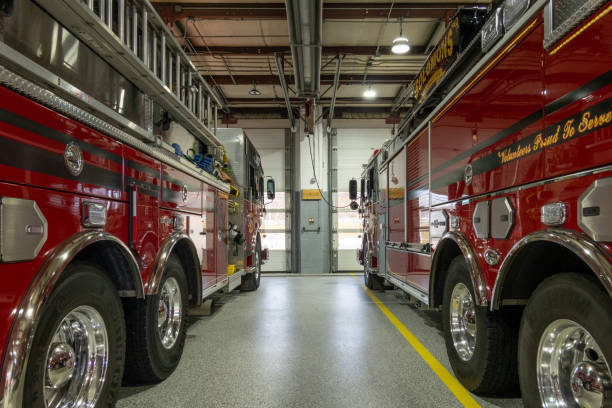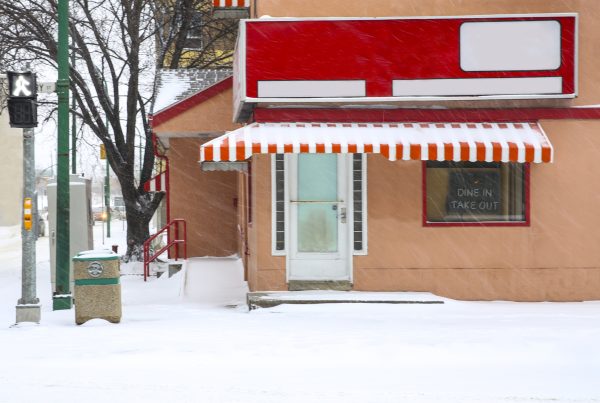Below is the Featured Article published in the Summer 2024 Issue of The Fire Call. The article was written by David Fulton, Compass Insurance Agent in Le Roy, Illinois, and an active member of the Illinois Association of Fire Protection Districts.
“As years go by, we continue to receive mandates set by the state requiring the fire service to comply with more laws. The navigation of these laws can prove to be difficult, but with your membership of the Illinois Association of Fire Protection Districts (IAFPD), your understanding of these new “rules” will not be burdensome. Along with never-ending employee shortages, inflation, audit frequency, and operating expenses, your fire district is tasked with insuring the fire district’s best interests: property purchased by taxpayers and those who are risking their own self to protect life and property.
Mitigating risk can be challenging. Working with a trusted advisor to create a comprehensive insurance plan is becoming essential, as being underinsured can be detrimental to your district and taxpayers. For your consideration: when your district is responding to the fire ground, do you wonder if there is appropriate coverage in place? What if your equipment is damaged? If a member of the district became injured, or worse, deceased? Meeting with your insurance advisor annually can provide peace of mind to remove the “what if” scenarios.
Your insurance plan should include several coverages, but there are specific items that need to be reviewed regularly. The structures that are covered by the district’s insurance plan, are they adequate? Have you added or removed property? With most insurance carriers, Guaranteed Replacement Cost (GRC) is offered for essential, firefighting-related structures such as the fire station. GRC is a valuation of the structure at the time of loss. Example: Your fire station burns down. The limit shown on your insurance plan is $1,000,000, but you notice you have GRC next to the value of the station on your policy. If it costs $1,200,000 in rebuilding the fire station, the price is guaranteed for the rebuild. With the GRC comes another tool, inflation guard. We all hear this dirty word (inflation) often, but it is the cold, hard truth of increasing costs in today’s environment. Review your insurance policy annually to avoid missing essential coverages to your insured property. Along with property, your hand tools, portable equipment, and bunker gear come to mind. Like the structures owned by the fire district, equipment is essential to the job of firefighting and medical calls. Maintaining an ongoing inventory of equipment will make claims time easier on your district. Depending on your insurance carrier, you may have GRC as the loss valuation for your loose equipment.
Aside from property, another part of your policy needs to be reviewed annually: Commercial Auto. Have you looked over your fleet recently? Do your vehicles need to be increased in value? Agreed Value is a common valuation for Emergency Vehicles. Agreed Value is much different than Actual Cash Value (ACV). You and l’s personal auto are on ACV at the time of a claim. ACV takes into consideration the year, make model, condition, and mileage at the time of loss. Agreed Value is a large benefit to the fire service, offering the value of your district’s fire apparatus and medical rigs. With inflation comes rising labor costs and material shortages. Factors to consider when deciding on your apparatus values: first out vehicles vs reserve vehicles; budget restrictions at time of loss; duplicates of apparatus type. If the district owns a piece of apparatus that is”one size fits all” and is constantly rolling on a every call, those are the vehicles I recommend raising to a higher limit. If a vehicle has been sitting in reserve status for some time, I encourage my insureds to consider different scenarios. Even though the district is not exposing it to the road or fires constantly, there is a chance the station could blow/burn down while the vehicle is in storage. Regardless of your apparatus that is considered frontline, or surplus, rising costs and production times are proving the importance of adequately insuring your fleet.
Lastly, be sure to evaluate the benefits package being offered to your firefighters and medical responders. The first responder workforce is, unfortunately, dwindling. Now is the time to act and ensure your members are being protected while protecting life and property. Providing a standalone benefits package, aside from Worker Compensation, that includes a death benefit, disability benefit (supplements Worker Compensation loss wages), and medical expense reimbursement benefits is crucial to your members. This insurance policy also needs reviewed on an annual basis. Are you offering enough protection for the rising costs of living?
Amongst the ever changing requirements in the fire service, navigating risk mitigation and protecting your property and responders can be challenging. Evaluating your Fire Protection District’s insurance policies with your trusted advisor on an annual basis can prevent challenges on claims day.”
THE FIRE CALL is the official quarterly publication of the Illinois Association of Fire Protection Districts. The publication is distributed to 3,000 fire district trustees, fire chiefs, attorneys, administrators, and legislators across Illinois. The Fire Call is packed with essential information, including legal issues and recent case law developments that affect fire protection districts.
Compass Insurance is a proud sponosor of the Illinois Association of Fire Protection District. For more information visit their site here.









